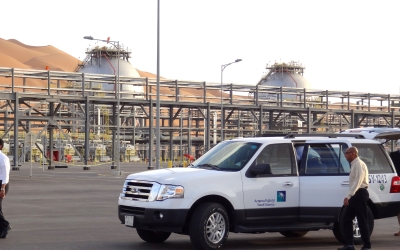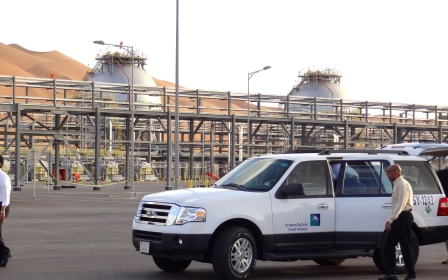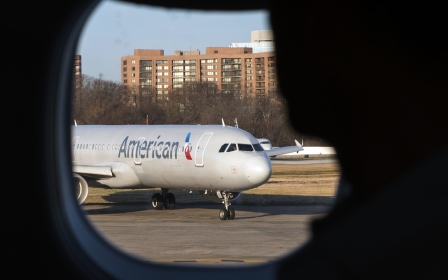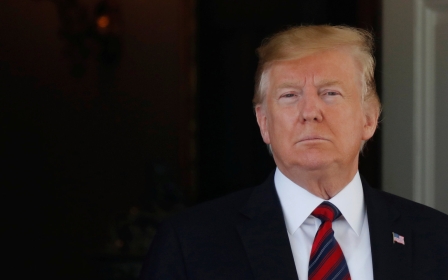Saudi Arabia's King Salman calls urgent Gulf, Arab League meetings over regional tensions
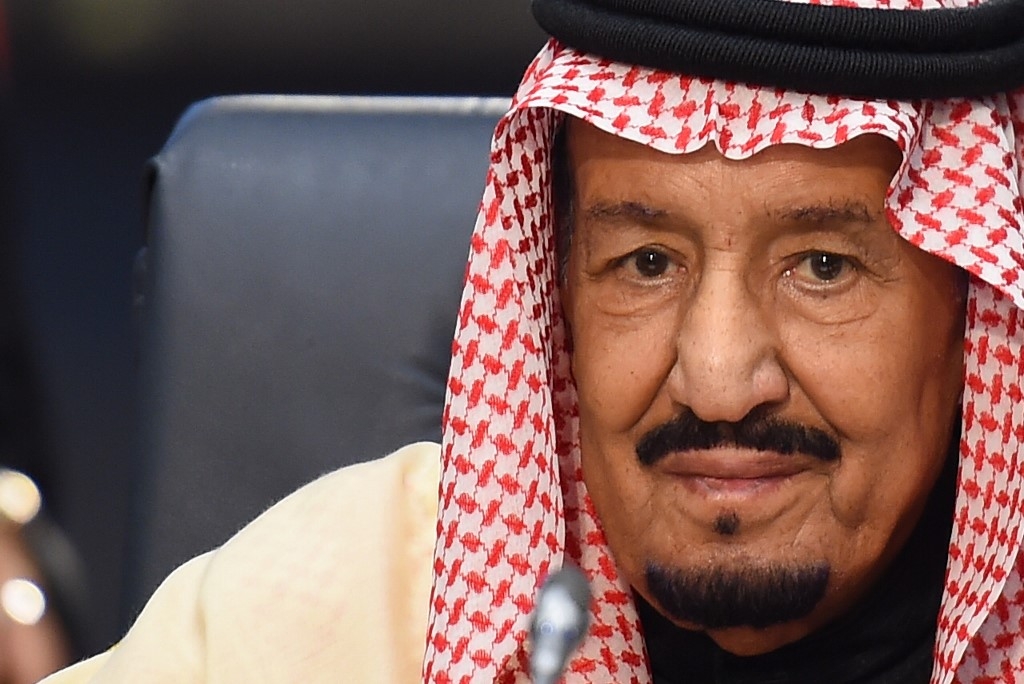
Saudi Arabia called for urgent meetings of the regional Gulf Cooperation Council and the Arab League to discuss escalating tensions in the Gulf, the Saudi official news agency said on Saturday.
The Saudi Press Agency said King Salman had invited Gulf leaders and Arab states to two emergency summits in Mecca on 30 May to discuss recent "aggressions and their consequences" in the region, AFP reported.
Tensions have recently soared in the Gulf with the US deploying an aircraft carrier and bombers to the region over alleged threats from Iran.
Despite international scepticism, the US government has been pointing to increasing threats from Iran, a long-time enemy and also a rival of US allies Saudi Arabia and Israel.
Minister of State for Foreign Affairs Adel al-Jubeir told a news conference that Saudi Arabia wants to avert war in the region, but stands ready to respond with "all strength and determination" following the attacks on Saudi oil assets, a senior official said on Sunday, adding that the ball was now in Iran's court.
Saudi Crown Prince Mohammad bin Salman discussed regional developments in a phone call with US Secretary of State Mike Pompeo, the Saudi Media Ministry tweeted on Sunday, as reported by Reuters.
The announcement came hours after the Saudi king invited the region's leaders to convene the two emergency summits to discuss the implications of this week's attacks against oil installations in the kingdom and commercial ships off the coast of the United Arab Emirates.
Four ships, including two Saudi oil tankers, were reportedly damaged in mysterious sabotage attacks last Sunday off Fujairah, an emirate at the crucial entrance to the Gulf.
Those incidents were followed by drone strikes on Tuesday by Yemen's Houthi rebels on a major Saudi oil pipeline, which provides an alternative export route if the Strait of Hormuz were to be closed.
Tehran denied that it was behind the attacks.
Iran has repeatedly threatened to prevent shipping in Hormuz in the event of a military confrontation with the US, which has imposed painful economic sanctions on Tehran in recent months.
Middle East Eye propose une couverture et une analyse indépendantes et incomparables du Moyen-Orient, de l’Afrique du Nord et d’autres régions du monde. Pour en savoir plus sur la reprise de ce contenu et les frais qui s’appliquent, veuillez remplir ce formulaire [en anglais]. Pour en savoir plus sur MEE, cliquez ici [en anglais].


